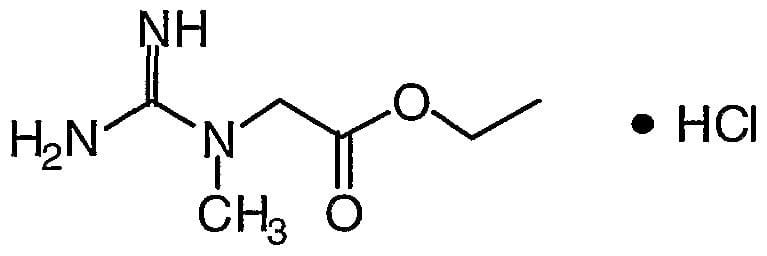
Creatine, a naturally occurring compound in the body, has become a staple in the fitness world for its proven ability to enhance strength, power, and muscle growth. While creatine monohydrate is the most well-known and extensively researched form, variations like creatine hydrochloride (HCL) and creatine ethyl ester have emerged. In this comprehensive comparison, we’ll dissect the differences between creatine monohydrate, HCL, and ethyl ester to help you make an informed decision on which creatine supplement aligns with your fitness goals.
Creatine Monohydrate: The Gold Standard:
Creatine monohydrate stands as the undisputed champion in the world of creatine supplements. Its popularity is backed by a vast body of research supporting its efficacy and safety. Monohydrate is composed of a creatine molecule bound to a water molecule, making it a well-absorbed and stable form of creatine.
One of the key advantages of creatine monohydrate is its cost-effectiveness. With a plethora of scientific studies affirming its benefits, monohydrate offers a potent solution for increasing intracellular creatine levels, enhancing ATP production, and promoting muscle growth.
Creatine Hydrochloride (HCL): Improved Solubility and Absorption:
Creatine hydrochloride (HCL) is a variant that emerged to address concerns related to creatine monohydrate’s solubility and potential gastrointestinal issues. The addition of hydrochloride to creatine results in a more soluble form, potentially reducing the need for large doses to achieve the same effect.
One of the main selling points of HCL is its improved solubility, which may lead to better absorption in some individuals. This could be particularly beneficial for those who experience digestive discomfort with creatine monohydrate or prefer a more concentrated form of creatine.
Creatine Ethyl Ester: Enhancing Bioavailability or Myth?
Creatine ethyl ester is another variant that gained attention due to claims of superior bioavailability. In this form, creatine is attached to an ester molecule, which proponents argue enhances its absorption and reduces the conversion to creatinine, a waste product that can be associated with creatine supplementation.
However, the scientific support for these claims is limited compared to creatine monohydrate. Some studies suggest that creatine ethyl ester may not live up to the hype in terms of improved bioavailability, and its stability in liquid form has also been questioned. It’s essential to approach claims surrounding creatine ethyl ester with caution and prioritize forms with more robust scientific backing.
Comparative Analysis: Choosing the Right Creatine for You:
- Efficacy and Safety:
Creatine Monohydrate: Extensive research supports its efficacy and safety.
Creatine HCL: May offer improved solubility, potentially reducing gastrointestinal discomfort.
Creatine Ethyl Ester: Limited scientific support for enhanced bioavailability; caution is advised.
- Cost-Effectiveness:
Creatine Monohydrate: Economical, with proven benefits.
Creatine HCL: Generally more expensive than monohydrate.
Creatine Ethyl Ester: Can be pricier; limited cost-effectiveness due to lack of robust evidence.
- Solubility and Absorption:
Creatine Monohydrate: Well-absorbed, though some individuals may experience solubility issues.
Creatine HCL: Enhanced solubility may benefit those with solubility concerns.
Creatine Ethyl Ester: Claims of superior bioavailability; scientific evidence is inconclusive.
- User Experience:
Creatine Monohydrate: Widely accepted with minimal side effects.
Creatine HCL: May be preferred by individuals with gastrointestinal sensitivity.
Creatine Ethyl Ester: Mixed reviews, and some users report gastrointestinal discomfort.
Making an Informed Choice:
Each variant of creatine supplement has its merits and potential drawbacks. Creatine monohydrate remains the gold standard, backed by extensive research and cost-effectiveness. Creatine hydrochloride addresses solubility concerns and may be suitable for those with gastrointestinal sensitivity. Creatine ethyl ester, while marketed as a superior form, lacks robust scientific support, making it a less reliable option.
When choosing a creatine supplement, consider your individual preferences, tolerance, and budget. While newer forms may offer specific advantages, the time-tested creatine monohydrate continues to be a reliable choice for those seeking performance enhancement and muscle growth.
Are you ready to take your fitness to new heights? Look no further! Explore the world of OOTWSupps and discover a range of premium creatine gummies tailored to optimize your performance and fuel your success. Whether you’re a seasoned athlete or just starting your fitness journey, our products are designed to meet your unique needs.




